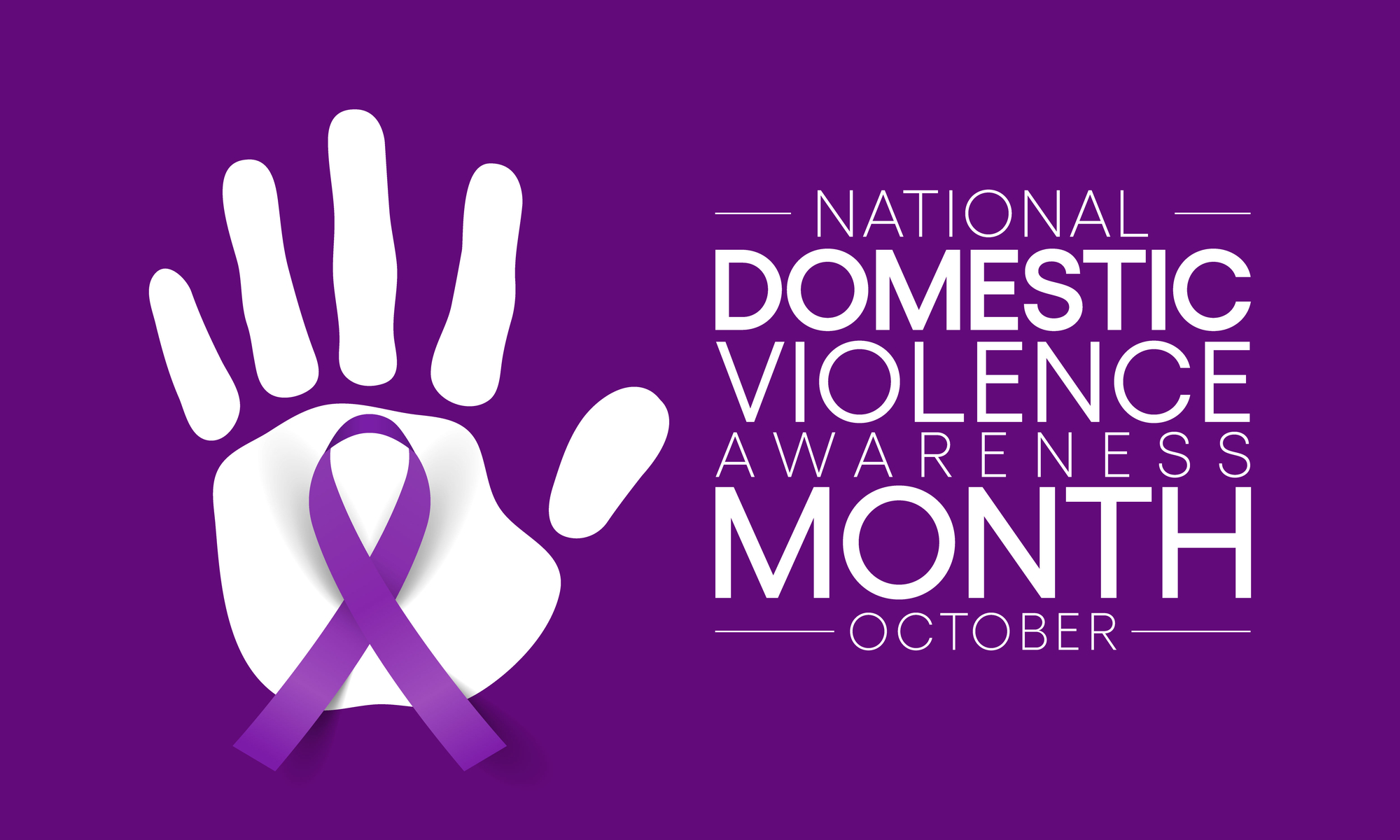There is a “pandemic within a pandemic.”
What this means is that COVID-19 has dramatically exacerbated incidences of both domestic violence and abuse (DVA) and Intimate Partner Violence and Abuse (IPV/A).
We know that DVA involves heterosexual couples. But exactly what is Intimate Partner Violence and Abuse, or IPV/A? This term describes the physical, sexual, emotional and/or psychological harm inflicted by a current or former partner or spouse. And specifically, IPV/A is the term used for domestic violence and abuse within the LGBTQ (Lesbian, Gay, Bisexual, Transgender, and Questioning) Community.
Intimate Partner Violence and Abuse is a serious, potentially life-threatening—but preventable public health problem that affects millions of Americans. Every year, between 50,000-100,000 lesbians (or more) and as many as 500,000 (or more) gay/SGL men are battered. About one in four LGBTIQ relationships/partnerships are abusive in some way.
Stigma is largely responsible for keeping this destructive behavior “swept under the rug,” which leads to it being dramatically underreported. Therefore, figuratively, this keeps you (locked) in the closet. Stigma is the albatross around your neck, choking the hell out of you.
There are multiple signs of IPV/A. The most telling is fear of your partner, that you feel you have to “walk on eggshells” around him/her. Other prominent signs: explaining/excusing frequent injuries as “accidents;” agreeing to everything your partner says/does; being forced into sexual activity.
In other words, IPV/A is no joke.

According to the NBC News.com article, “Coronavirus Isolation Raises Concerns for Domestic Violence Survivors, Experts Say,” by Daniella Silva, “As people across the U.S. are told to stay home because of the coronavirus pandemic, domestic violence experts warn the isolation could be devastating for survivors forced to shelter somewhere unsafe.”
The bottom line: the ongoing crisis is making it much more difficult for victims of abuse to seek assistance. And as COVID continues to overwhelm medical facilities, it is becoming exceedingly more challenging for these victims to gain access to medical care or therapists.
Recently, I interviewed a survivor of Intimate Partner Violence and Abuse (IPV/A) on WYATT!, my eponymously titled podcast. He openly shares his harrowing and riveting story, which make is becoming one of my more popular episodes. Visit https://www.youtube.com/watch?v=CL5MFlBufg8&t=16s
The promising news, however, is that through education, awareness, and commitment to positive change, IPV/A is preventable. I’ve made it my fervent mission to continue to shine a bright light on this demeaning, horrific, and potentially life-threatening cycle of behavior–which is a critical social health concern.
I serve on the National Trauma Education and Policy Board, as LGBTQ Community Chair. This is a true privilege and honor.
A critical part of the board’s mission is to increase awareness and educate the public about the impact and consequences of all forms of trauma. It also crafts and recommends appropriate policy initiatives to assist in effecting positive change.
As LGBTQ Community Chair, my focus is on those aspects of and issues surrounding trauma that the LGBTQ community experience and must confront. I place a particular emphasis on IPV/A.
And, always remember: the most powerful weapon the abuser has in his/her arsenal is…SILENCE!
If you or someone you know is experiencing IPV/A, call The National Domestic Violence Hotline (1-800-799-7233) or the Gay Men’s Domestic Violence Project Hotline (1-800-832-1901).
I have a special IPV/A section right here at Wyattevans.com that includes resources to assist victims. Visit: https://wyattevans.com/lgbtq-domestic-violenceabuse-making-your-great-escape/





Leave A Comment